Ministry of Health and Family Welfare, Government of India had formulated a National Policy for Treatment of Rare Diseases (NPTRD) in July 2017, but the implementation of this policy was delayed due to certain challenges. There have been numerous demands from different stakeholders and experts for a comprehensive policy for the prevention and management of rare diseases.
Dr. Harsh Vardhan, Union Health & Family Welfare Minister approved the “National Policy for Rare Diseases 2021” on 30th March 2021. The policy will be convened by the Department of Health Research (DHR) with ICMR as a member.
Aim of the policy:
- To lower the incidence and prevalence of rare diseases based on an integrated and comprehensive preventive strategy encompassing awareness generation, pre-conception and post-conception screening, premarital, post-marital, and counseling programs to prevent births of children with rare diseases, and within the constraints on resources and competing for health care priorities.
- Enable access to affordable health care for patients of rare diseases.
- Focus on technology transfer and indigenization of therapeutics.
- To lower the high cost of treatment for rare diseases with an increased focus on indigenous research with the help of a National Consortium to be set up with the Department of Health Research, Ministry of Health & Family Welfare as convener.
- Increased focus on research and development and local production of medicines (importance to generic drugs) will lower the cost of treatment for rare diseases.
- The policy also envisages the creation of a national hospital-based registry of rare diseases so that adequate data is available for the definition of rare diseases.
- The policy envisages a crowdfunding mechanism in which individuals and corporates will be encouraged to extend financial support through a robust IT platform for the treatment of rare diseases.
- The funds which are collected will be utilized by the Centre of Excellence for treatment of all three categories of rare diseases and the leftover fund after meeting treatment costs can be utilized for research and development related to rare diseases within the country.
- Focus on early screening and prevention through primary and secondary health care infrastructure such as District Early Intervention Centres (DEICs), Health and Wellness Centres, and through counseling for the high-risk parents.
- The screening will also be done at Nidan Kendras set up by the Department of Biotechnology.
- To provide facilities for treatment, care of patients and to strengthen tertiary health care facilities for diagnosis, prevention, and treatment to patients suffering from rare diseases through designating eight health facilities as Centre of Excellence, which is premier government tertiary hospitals.
- Donors can make donations to different Centres of Excellence (CoEs) and for the treatment of patients’ by these CoEs. Funds will be utilized in a decentralized manner, i.e. every Centre of Excellence will have its own Rare Disease Fund which will be utilized with the approval of the concerned in charge.
- The eight Centres’ of Excellence will also be provided one-time financial support of up to Rs. 5 crores for the up-gradation of diagnostics facilities.
The list of Centre’s of Excellence (CoEs) is given below:
- All India Institute of Medical Sciences, New Delhi
- Maulana Azad Medical College, New Delhi
- Sanjay Gandhi Post Graduate Institute of Medical Sciences, Lucknow
- Post Graduate Institute of Medical Education and Research, Chandigarh
- Centre for DNA Fingerprinting & Diagnostics, Hyderabad
- King Edward Medical Hospital, Mumbai
- Institute of Post-Graduate Medical Education and Research, Kolkata
- Center for Human Genetics (CHG) with Indira Gandhi Hospital, Bengaluru
Other important points:
- The Department of Biotechnology under the Unique Methods of Management of Inherited Disorders (UMMID) initiative has supported the foundation of Genetic Diagnostic Units i.e. National Inherited Disorders Administration Kendras (NIDAN Kendras).
- These units will provide comprehensive clinical care including diagnosis, counseling, management, multidisciplinary care, prenatal testing; etc.
- Training Program will be provided for producing skilled clinicians in the area of Human Genetics (Biochemical Genetics, Molecular Genetics, Clinical Genetics, Cytogenetics, and Comprehensive Clinical Care).
- There will be a regular screening of pregnant women and newborn babies for diagnosis of inherited genetic diseases in aspirational districts to provide comprehensive clinical care.
- Autonomous institutions of the Department of Biotechnology viz. National Institute of Biomedical Genomics (NIBMG), Kalyani, and Centre for DNA Fingerprinting and Diagnostics (CDFD), Hyderabad are also providing genetic testing and counseling services for genetic and rare disorders.
What is a rare disease?
- A rare disease is a health condition of low prevalence that affects a small percentage of the population compared with other prevalent diseases in the general population.
- Rare diseases are often chronic, serious, complex, heterogeneous, and possess life-threatening conditions. Prevention, treatment, and management of rare diseases have multiple challenges.
- WHO defines a rare disease as often debilitating lifelong disease or disorder with a prevalence of 1 or less, per 1000 population.
- It is estimated that globally there are approximately 6000 to 8000 rare diseases and new rare diseases are also being reported in the medical literature on a regular basis.
- Around 80% of all rare disease patients are affected by approximately 350 rare diseases.
What are the challenges in treating rare diseases?
Early diagnosis of rare diseases is a major challenge due to certain factors like:
- Lack of awareness among primary care physicians,
- Lack of adequate screening
- Lack of diagnostic facilities etc.
How many rare diseases are there in India?
Till now only about 450 rare diseases have been recorded in India from tertiary care hospitals.
Some of the most common rare diseases include:
- Haemophilia,
- Thalassemia,
- Cystic Fibrosis,
- Sickle-cell Anemia
- Primary Immuno Deficiency in children,
- Auto-immune diseases,
- Lysosomal storage disorders such as Pompe disease,
- Hirschsprung disease,
- Gaucher’s disease,
- Hemangiomas and certain forms of muscular dystrophies.
Who are the beneficiaries of the scheme?
Presently financial assistance is provided to:
- poor patients,
- people living below the threshold poverty line,
- assistance would also be extended to about 40% of the population, who are eligible as per norms of Pradhan Mantri Jan Arogya Yojana under the Ayushman Bharat scheme.
Financial Assistance:
The gap can however be filled by creating a digital platform for bringing together notified hospitals where such patients are receiving treatment or come for treatment, on the one hand, and prospective individual or corporate donors willing to support treatment of such patients.
- Financial support up to Rs. 20 lakhs will be provided to the entitled beneficiaries (those suffering from rare diseases) under the Umbrella Scheme of Rashtriya Arogya Nidhi (RAN) by the Central Government. This amount would be provided to patients who require a one-time treatment (diseases listed under Group 1 in the rare disease policy).
- The diseases which require lifelong/long-term treatment have a relatively lower cost of treatment (which is listed under Group 2); the financial support will be provided by the State Governments.
- The diseases which have definite treatment, but which are expensive or which require lifelong therapy and (listed under Group 3).
- The notified hospitals will share the information relating to the patients, the details of the diseases from which they are suffering, the estimated cost of treatment, and details of the bank account for contribution/ donation through a digital platform.
- Donors will be able to view the details of patients and donate funds to a particular hospital. This will enable donors from various sections of the society to donate funds through voluntary crowdfunding from prospective individuals, which will be utilized for the treatment of patients suffering from rare diseases, especially those under Group 3.
- Conferences will be organized with corporate sector companies to motivate the corporate donors to donate generously through the online system.
Why there is a need to introduce National Policy for Rare Diseases 2021?
- Due to the challenges in research and development for the majority of rare diseases as there is relatively less information is available about the pathophysiology or the natural history of these diseases especially with regard to the Indian context.
- Rare diseases are also very difficult to research because the percentage of people suffering from such diseases is very small and it often results in inadequate clinical experience.
- Availability and accessibility to medicines are also very important to reduce morbidity and mortality associated with a rare disease.
- Despite progress in the research activities in recent years, yet there is a need for an effective and safe treatment for rare diseases.
- Due to the resource constraint and competing health priorities, it is very difficult for the Government to fully finance the treatment of high-cost rare diseases.
- Various High Courts and the Supreme Court have expressed concern about the lack of a national policy for rare diseases in the country.
Conclusion:
Ministry of Corporate Affairs should encourage corporate houses and PSUs to contribute as per the Companies Act as well as the provisions of the Companies (Corporate Social Responsibility Policy) Rules, 2014 (CSR Rules). Promotion of health care including preventive health care is part of CSR activities.


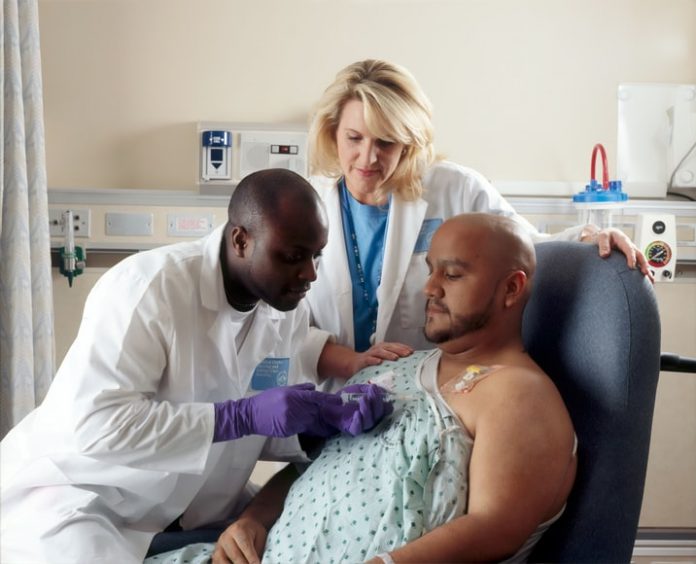
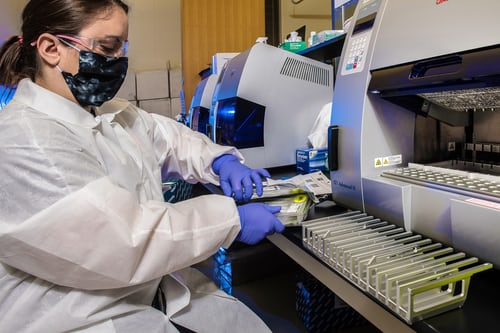
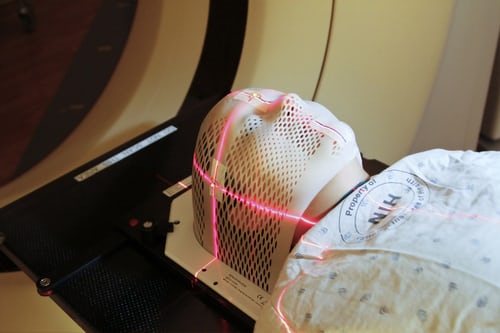
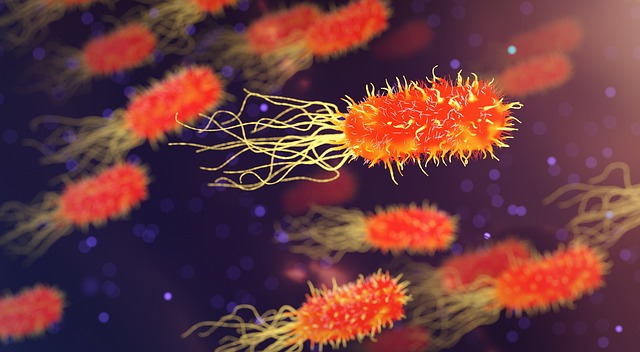
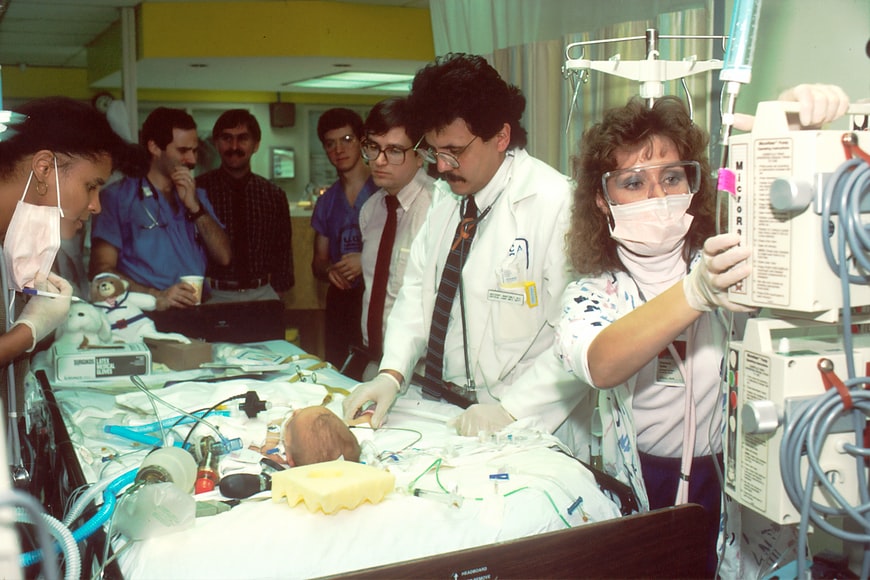
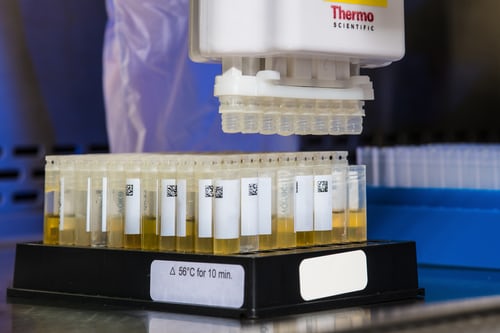
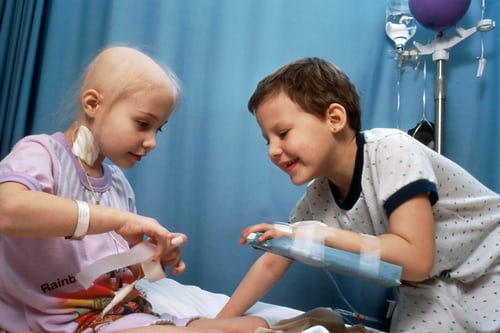
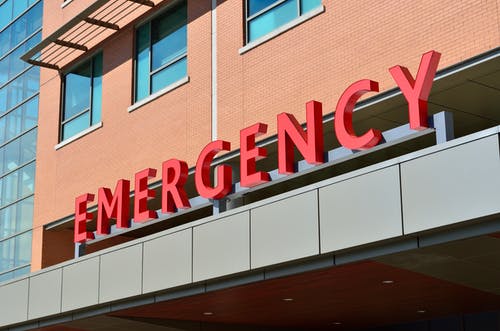

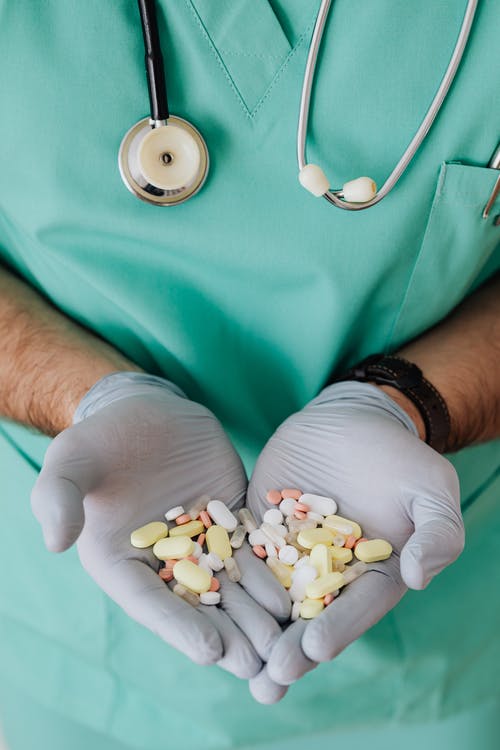
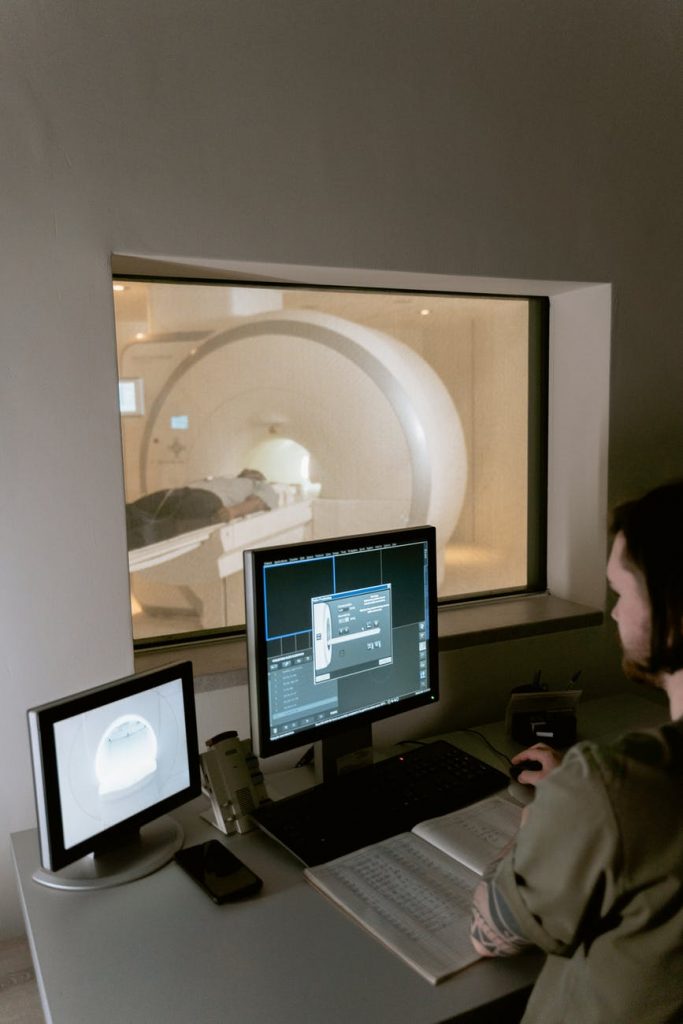
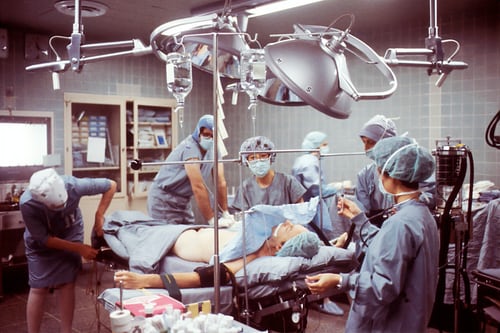
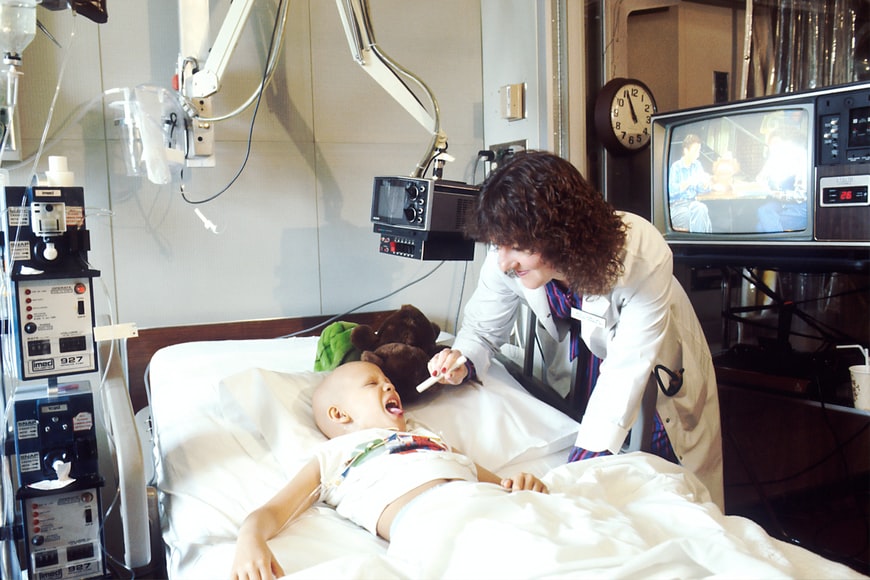



Everything is very open with a very clear explanation of the challenges. It was definitely informative. Your website is extremely helpful. Thank you for sharing!
Thank you so much
Nice post i like it 100 %. I learn something new and challenging on sites I stumbleupon on a daily basis. Its always helpful to read through articles from other writers and use something from their web sites.
Thank you so much
As a Newbie, I am permanently exploring online for articles that can be of assistance to me. Thank you
Thank you so much
Very nice write-up. I absolutely appreciate this site. Stick with it!
Thank you so much
Great site dude! Ive been looking for something like this.
Thank you so much
This post is in fact a good one it helps new the web visitors, who are wishing for blogging.
Hello there, I found your blog via Google while looking for a related topic, your site came up, it looks good. I’ve bookmarked it in my google bookmarks.
Thank you
It¦s really a cool and helpful piece of info. I am happy that you just shared this helpful info with us. Please stay us up to date like this. Thank you for sharing.
Welcome
I have been exploring for a little bit for any high-quality articles or blog posts in this kind of area . Exploring in Yahoo I ultimately stumbled upon this web site. Studying this info So i am happy to exhibit that I have a very good uncanny feeling I came upon exactly what I needed. I give a glance to your website regularly.
Thank you
Great, thanks for sharing this post.Really looking forward to read more. Awesome.
Thank you
Itís difficult to find educated people about this subject, but you sound like you know what youíre talking about! Thanks
Neat post. Fantastic writing .
THANK YOU
Thanks for the post.
Excellent article! How can I subscribe for a blog site? The article gave a good clarity on the concept
hi! I really like your writing so a lot! I require a specialist on this space to unravel my problem. Maybe that is you! Looking forward to peer you.
It’s great.
I am really impressed with your writing skills and also with the layout of your weblog. Keep up the nice quality writing, it is rare to see a nice blog like this one these days.
Thank you
May I have more information on the topic of your article?
Sure
Thank you for posting such a wonderful article. It helped me a lot and I appreciate the topic.
Welcome
Thanks for your post, it helped me a lot. It helped me in my situation and hopefully it can help others too.
Welcome
Thank you for writing the article. I like the topic too.
Welcome